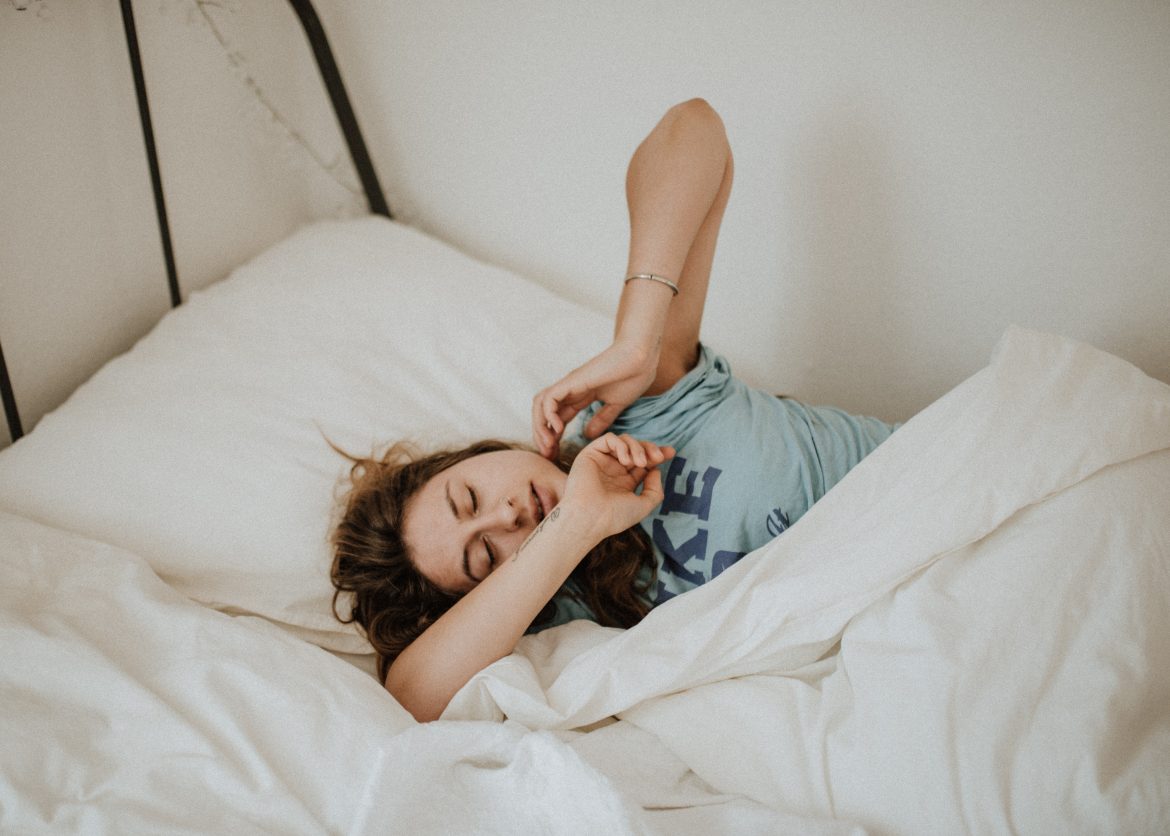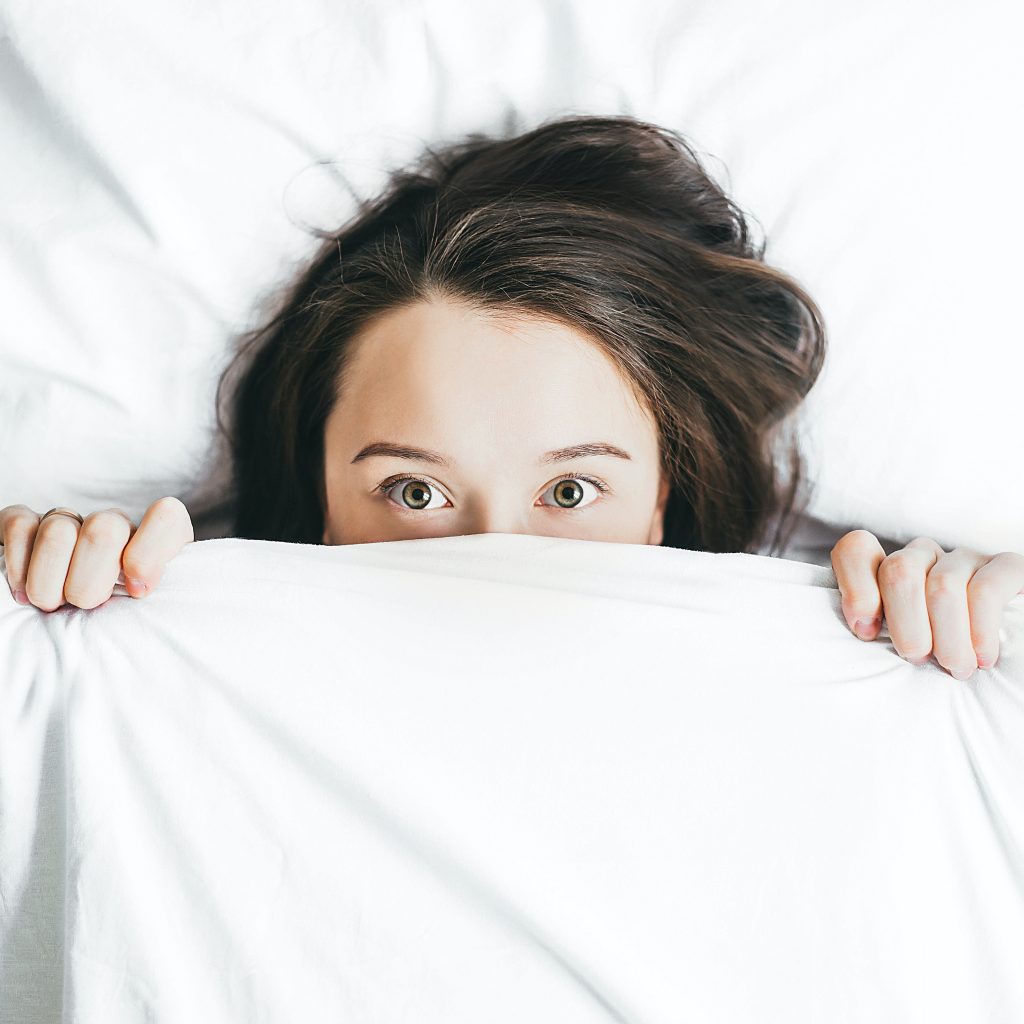It has been evident that sleep deprivation can cause a number of physical and mental health issues. Inadequate sleep is a serious health concern. It can affect our mood, weight gain, heart disease, diabetes, depression, and even cancer. Sleep deprivation is defined as the condition of not having enough sleep for the body to function properly. The National Sleep Foundation estimates that adults need at least 7 hours of sleep each night. Sleep deprivation is a problem that has been identified by many studies as a major cause for fatigue, depression, and impaired cognitive function. It can contribute to anxiety and depression, while also being as dangerous as smoking or alcoholism.
The first step to overcoming sleep deprivation is recognizing that it is important. The second step would be establishing goals for sleeping better at night. This could be anything from establishing a sleeping routine, to setting an alarm every night before bedtime. Thirdly, try taking care of your body by eating healthy food and exercising regularly – this will give you more energy and help with your overall well-being.
If your sleep problems continue even with trying the tips below, there might be a larger problem at hand. Seeing a sleep specialist such as the ones at Pacific Sleep Care can help identify your problems professionally and provide a suited treatment so you can get a good night’s rest.
Here are some tips on how to get enough sleep:
Create a bedtime routine
A bedtime routine helps people sleep better by setting them up for success. What does a bedtime routine look like? First, set a specific time to get ready for bed, and make sure you’re not doing anything else in the hour or so before that time. Second, start winding down by avoiding stimulating activities such as watching TV or scrolling through your phone. Third, go to your bedroom at the same time every day so your body learns to associate it with sleep. Finally, use your bed only for sleeping – don’t eat or study in bed because those activities will interfere with falling asleep.
Limit caffeine intake
Caffeine is a stimulant, which means that it increases activity in the brain and central nervous system. It does this by blocking the activity of an important nerve cell that promotes sleep.
A person who takes caffeine regularly will develop a tolerance for it, meaning they need higher levels of caffeine to achieve the same effect. Once this happens, they are more likely to drink coffee or other caffeinated beverages late in the day and/or near bedtime because they don’t want to be awake all night long, which will result in a difficult night’s rest.
Establish a set bed time and wake up time
It is important for your mental health to establish a healthy sleep schedule. Set a bed time and wake up time every day, even on the weekends. Sleep is essential to our overall well-being. It regulates our blood sugar levels, hormones, and brain function. Establishing a set bedtime helps us get enough hours of sleep each night as well as feel refreshed in the morning.
Keep the bedroom dark, cool, and quiet.
The bedroom should have a light on that is not too bright or glaring. The bedroom should also be cool enough for a person to sleep comfortably. And lastly, the bedroom should be quiet and peaceful enough that people can sleep without distractions. The bedroom is meant to be a place of relaxation and comfort for people, so it is important for the bedroom to feel these things. If your place of sleep is too bright, loud, or hot then there will be a higher struggle to sleep.

